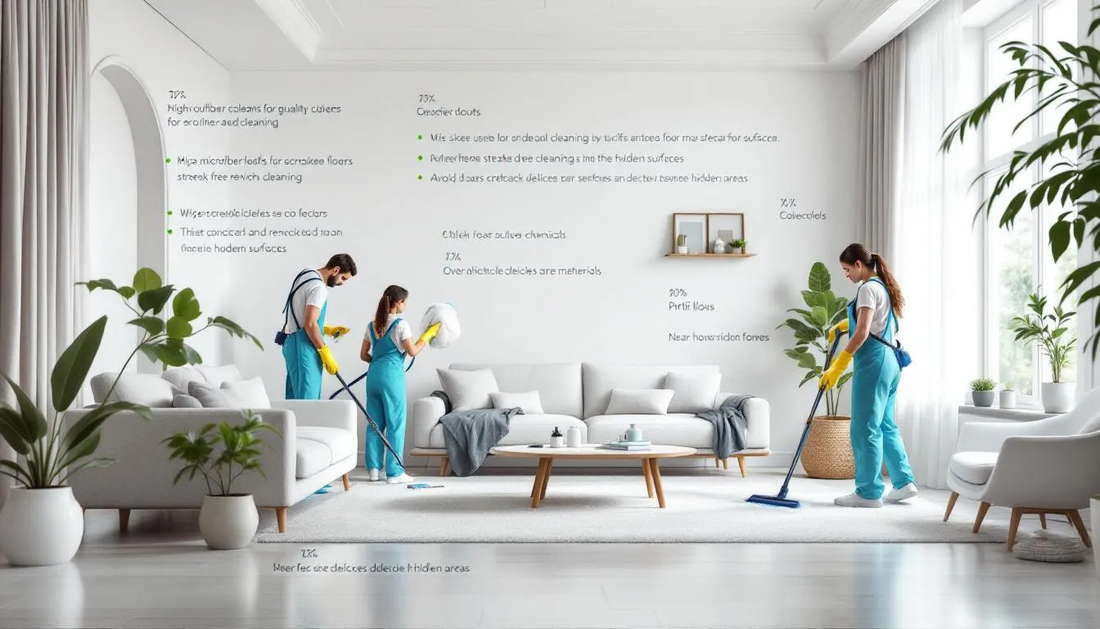Renovation projects often come with hidden expenses that can strain your budget. In this guide, we’ll identify 12 hidden costs of renovation and how to avoid them, offering practical strategies to ensure your renovation stays on budget and on schedule.
Introduction to Home Renovations
Home renovations can be an exciting opportunity to transform your living space and boost your property’s value, but they also come with their fair share of challenges. For many homeowners, the thrill of redesigning a room or updating an entire home is often tempered by the reality of hidden renovation costs. These hidden costs can sneak up on even the most prepared homeowners, turning what should be a rewarding project into a source of stress and financial strain.
Understanding the potential for unexpected expenses is key to managing your home renovation budget effectively. From surprise fees to unforeseen problems behind the walls, the costs of renovations can quickly add up. By learning about these hidden costs and how to avoid them, homeowners can take control of their renovation journey, minimize stress, and make the most of their investment. In this article, we’ll explore the most common hidden costs in home renovations and share expert tips to help you stay on budget and avoid unpleasant surprises.
Key Takeaways
- Unplanned design changes during renovations can lead to significant hidden costs, so it’s crucial to have a clear plan and establish a contingency fund.
- Upgrading outdated systems and ensuring code compliance can uncover unexpected expenses; thorough inspections before starting renovations can help mitigate these costs.
- Budgeting for hidden expenses like utility bills, permits, and professional cleaning is essential to avoid surprises and keep your renovation on track.
Home Renovation Budgeting
A successful home renovation starts with a solid budget that goes beyond just the upfront costs. Many homeowners focus on the obvious expenses—like materials and contractor fees—but it’s the hidden costs that often catch people off guard. Labor costs, permit fees, and unexpected expenses such as last-minute repairs or changes can quickly inflate your home renovation budget.
To avoid financial surprises, it’s essential to factor in every possible cost from the start. This means accounting for not only the price of materials and paying contractors, but also for services like plumbing, electrical work, and even the cost of dealing with construction noise or disruptions to your daily routine. Don’t forget to include a contingency fund for unforeseen problems that might arise during the renovation process.
It’s also wise to consider the extra expenses that come with living through a renovation—like temporary accommodations, more dinners from take-out, or storage fees if you need to clear out rooms. Double check all contractor quotes and payment terms to ensure you understand exactly what’s included and what might be an extra cost down the line.
By taking a comprehensive approach to budgeting and being mindful of hidden costs, homeowners can reduce stress, avoid budget overruns, and enjoy a smoother renovation experience from start to finish.
Unplanned Design Changes
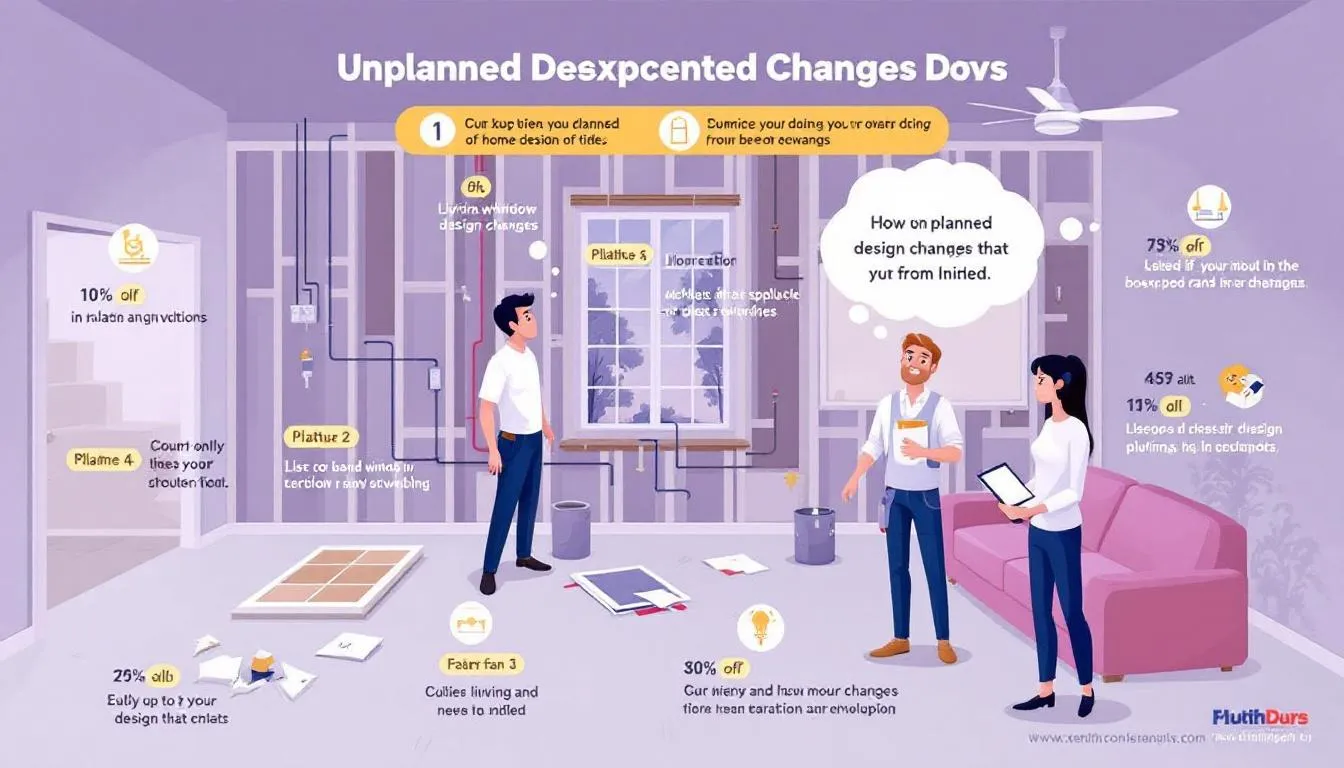
One of the most common hidden costs in home renovations stems from unplanned design changes. Even the most meticulously planned projects can encounter unexpected expenses when last-minute changes are made during construction. A well-thought-out plan helps keep costs down and prioritizes must-haves during renovations. However, making changes during the planning stages can be much more cost-effective than during the construction phase, especially when considering hidden home renovation costs.
Imagine you’re halfway through your renovation when you decide to switch out the floor or flooring or add an extra window. These seemingly small changes can lead to increased costs and delays. Working closely with a design-build firm and your contractors from the start can help avoid these costly changes later. It’s essential to establish a contingency fund to prepare for extra expenses that arise during renovations. Remember, hidden costs can increase both the cost and time required to complete a renovation.
Fixtures and appliances are often not included in renovation quotes, potentially adding to costs. Renovation costs can rise by 10-14% compared to the initial quote due to unplanned changes. Keeping a close eye on your budget and avoiding last-minute design changes can save you from these unexpected expenses.
Upgrading Outdated Systems
When renovating older homes, upgrading outdated systems like electrical, plumbing, and HVAC can reveal hidden costs. These systems, installed decades ago, often need significant updates to comply with current building codes and ensure health and safety. Bringing older homes up to current standards involves updates such as electrical wiring and efficient fixtures.
For example, the cost range for plumbing tasks includes:
- Installing new plumbing items like a toilet bowl: $200 to over $400
- Modifying plumbing points: $80 to $150 each
- Repairing leaks in plumbing: around $130 to $140 per point
- Basic fixture replacements: $130 to $150
Accurate costing for these upgrades is essential to avoid budget overruns, as unforeseen expenses and disruptions can quickly increase the overall expense of remodeling.
Assessing these costs before starting renovation projects helps prevent budget overruns and unexpected delays. It’s wise to double check these figures to ensure accuracy.
Older homes may also require updates to other areas, such as windows and insulation, to improve energy efficiency. Planning and budgeting for these potential remodel upgrades can help you avoid unexpected expenses and keep your renovation challenges on track.
Code Compliance and Safety Updates
Ensuring your renovation project complies with current building codes and safety regulations is crucial. In Singapore, compliance with the Fire Safety Act (FSA) is mandatory for all building projects, enforcing strict fire safety measures. The Singapore Civil Defence Force (SCDF) is responsible for the enforcement of fire safety regulations and must approve fire safety plans before construction.
Failing to comply with fire safety regulations can result in significant penalties, including fines, imprisonment, or even closure of businesses, along with a fee. Detailed documentation is necessary for compliance, including fire safety engineering reports that justify any deviations from established codes and highlight the responsibility of businesses to adhere to these standards and the line of safety protocols.
Consulting fire safety engineers early in a renovation project can greatly enhance compliance with current fire safety standards. Focus on these aspects helps avoid costly penalties and ensures the safety of your home.
Structural Surprises
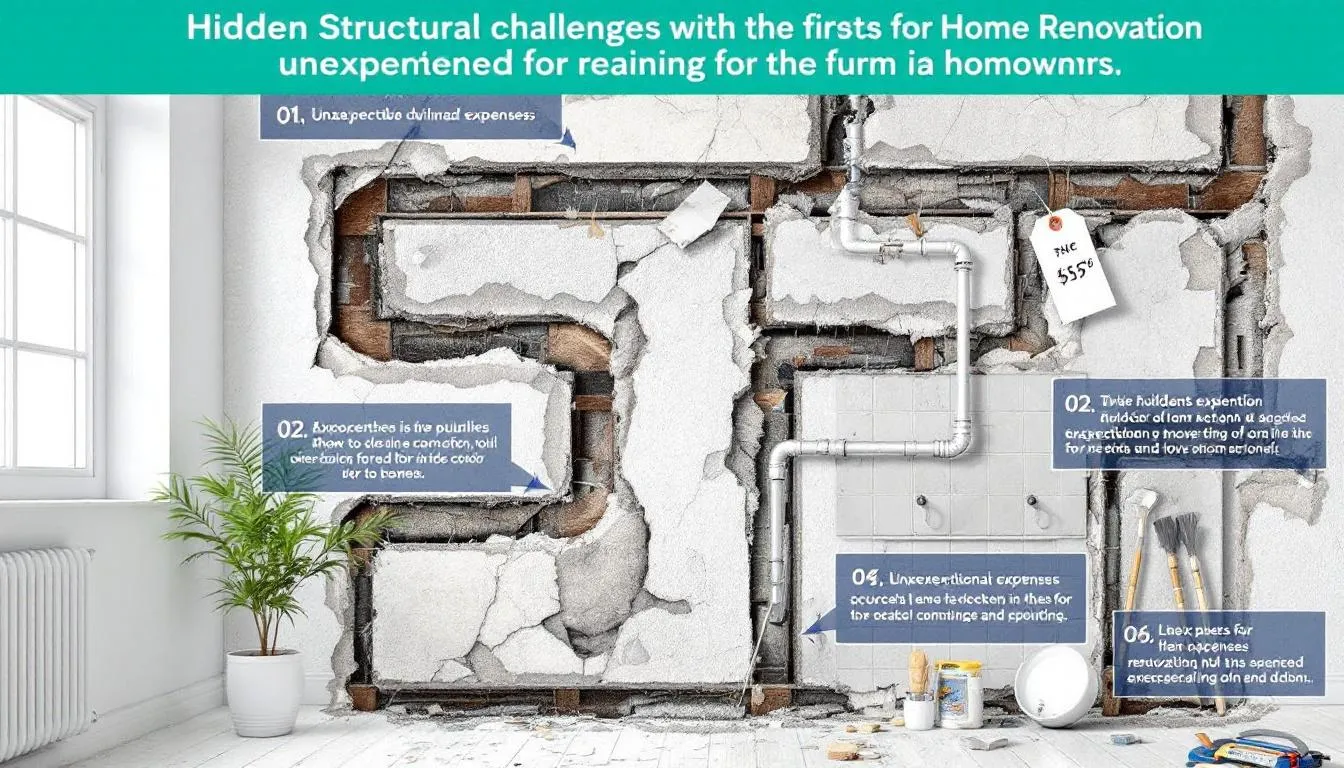
Structural surprises can be one of the most daunting aspects of home renovations. Conducting thorough inspections is crucial to uncover hidden issues like termite damage or foundation problems. Recognizing structural challenges in older homes can prevent surprise expenses during renovations.
For instance, certain structural details, such as load-bearing walls, may not be evident until the renovation begins. Potential hidden issues that homeowners should prepare for include:
- Load-bearing walls that are discovered during renovation
- Water damage leading to structural integrity issues if not properly addressed
- Mold or other structural problems that can significantly elevate renovation budgets
Proactively conducting comprehensive inspections before starting your renovation helps identify and address structural surprises early, saving you from unexpected expenses and delays.
Pest Control and Water Damage
Pests and water damage are hidden issues that can complicate home renovations. It is recommended to conduct pest inspections before starting renovations to identify potential infestations. Professional fumigation services can add significant costs to renovation budgets, with fees depending on infestation severity.
To manage water damage, it is essential to identify and fix the source of moisture before renovations continue. Water damage can promote mold growth and weaken home foundations, making early assessment crucial. Addressing these issues upfront prevents costly repairs later and ensures a smoother renovation process.
Increased Utility Bills
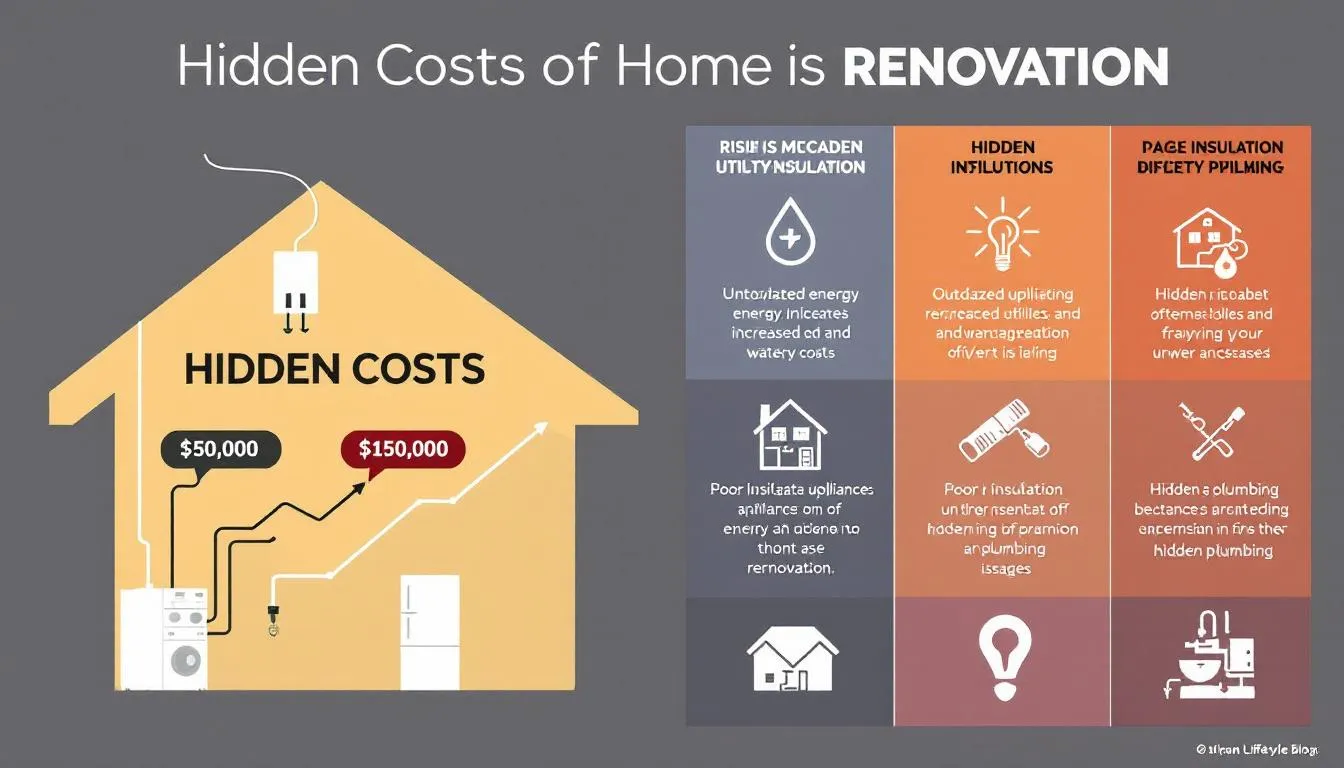
Homeowners can expect their utility bills to increase due to ongoing renovations. During renovations, electricity, gas, and water bills can rise by about $100 to $200 monthly. The use of power tools and construction activities can lead to a noticeable spike in monthly electric bills. Doors are often left open during renovation projects, which can further increase energy usage and utility bills due to reduced energy efficiency.
When planning for lengthy renovations, it is advisable to include a contingency in the budget for rising utility expenses, especially if the project extends beyond six months. As the number of smart home devices increases, so do the energy consumption and associated costs.
Budgeting for these hidden costs helps avoid the stress of unexpected expenses and keeps your renovation payment on track while paying attention to your overall budget and any extra costs that are paid.
Waste Disposal and Debris Removal
Waste disposal and debris removal are often overlooked costs in home renovations. Costs for debris disposal can include expenses for labor and rental of dumpster trucks. The average cost for disposal services in Singapore can range between S$80 and S$500, depending on the volume and type of debris.
Key considerations for debris disposal in home renovation projects include:
- Confirming with contractors whether debris disposal is included in their quoted services.
- Budgeting specifically for debris disposal costs if considering DIY options.
- Arranging for extra containers for larger renovation projects that require more disposal effort.
Proper disposal practices should include ensuring that materials such as walls and wall floors are discarded in accordance with local regulations, including dust. Planning for these costs helps avoid unexpected expenses and ensures a cleaner bathroom renovation process, including the ceiling.
Temporary Living Arrangements
Temporary living arrangements during renovations can add hidden costs to your budget. Staying in a friend’s or family member’s home for a week can be a cost-effective option, but not everyone has this luxury. Short-term rental property typically has lease terms shorter than one year, providing flexible housing solutions. Remote workers may also consider using a co-working space to maintain productivity if renovation disruptions or noise make working from home difficult.
Using a trailer or RV as a temporary house can reduce costs but may require tips on compromises on amenities. Renting an on-site container or storage service may be necessary for securely storing belongings during renovations in the available space for the job.
When managing renovations, consider the following:
- Hiring movers can typically cost approximately $500.
- Planning for temporary housing should be an integral part of your renovation budget to avoid unexpected costs.
- Communicating with your contractor about project timelines helps better manage your stay in temporary accommodations.
Permits and Administrative Fees
Securing the necessary permits for renovations is a crucial but often overlooked step. The renovation permit application process can take up to three weeks for approval in Singapore. Failing to secure the necessary permits for renovations can result in penalties, including fines or mandatory restoration to the original state.
Specific types of renovations require permits, such as replacing windows or major structural changes, to maintain safety and compliance. In Singapore, obtaining an HDB renovation permit is mandatory for significant changes, such as hacking walls or major plumbing work.
While there are no direct fees associated with applying for an HDB renovation permit, contractors may charge for related services. Planning for these permit fees helps avoid unexpected expenses and ensures your renovation proceeds smoothly.
Professional Cleaning and Yard Restoration
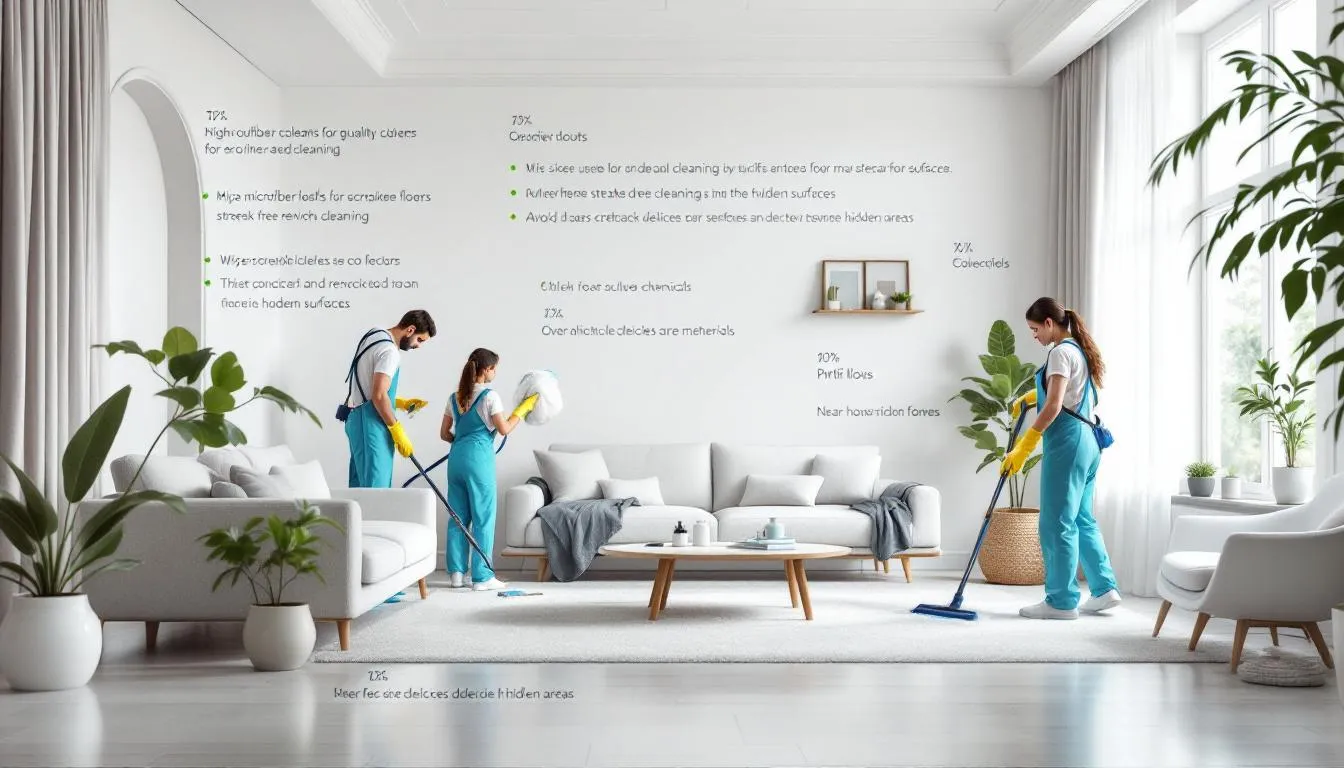
Professional cleaning and yard restoration are essential steps after completing a home renovation. Interior cleaning is a key part of the post-renovation process, ensuring that all interior spaces are free from dust, debris, and construction residue. Cleaning after tiles, paint, and carpentry installation is typically included in post-renovation cleaning. Yard restoration costs might arise from fixing fencing, replanting areas, and replacing turf.
Post-construction cleaning is essential to restore hygienic conditions and aesthetics after renovation work. It’s advisable to set aside a budget specifically for professional cleaning services and landscaping repairs. Planning for these costs ensures your home is not only beautifully renovated but also clean and welcoming.
Emergency Fund for Unforeseen Problems
Setting aside money for unexpected issues is essential during renovations. An emergency fund is advised to cover unpredicted complications during the renovation process. It is recommended to allocate 10-20% of the budget for unforeseen expenses.
Unexpected structural repairs can significantly elevate home renovation budget, often by as much as 20%. Maintaining an emergency fund is a crucial strategy for navigating the uncertainties of home renovations. Being prepared for these hidden costs helps avoid budget constraints and ensures your renovation project stays on track.
Hidden Costs of Smart Home Upgrades
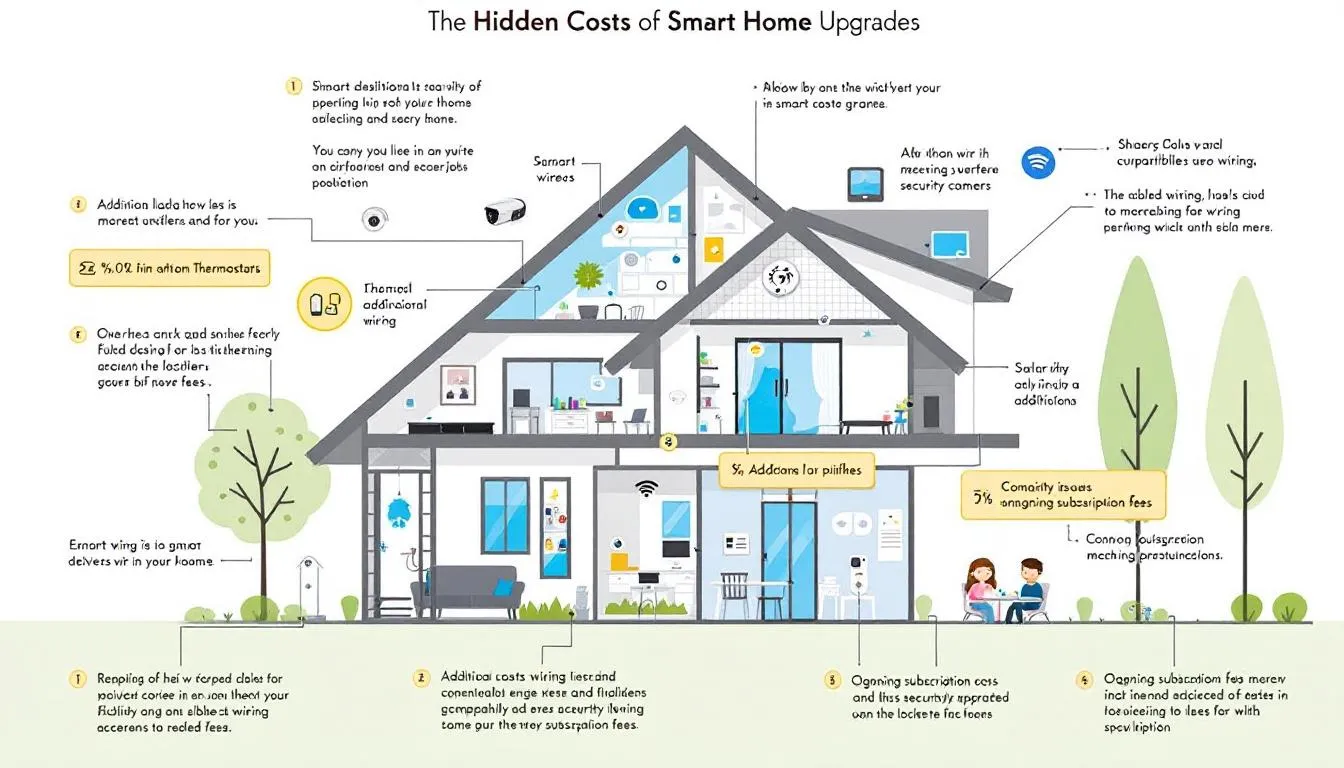
Smart home upgrades come with their own set of hidden costs. Installing smart home devices often requires additional infrastructure, including new power outlets and enhanced Wi-Fi coverage. Many smart home devices come with ongoing subscription fees that may be necessary to access full features.
The tendency to constantly upgrade devices, known as ‘upgraditis,’ can lead to significant expenses over time. Time spend configuring and maintaining a smart home can be substantial and is often an overlooked cost.
Planning for these hidden costs ensures your smart home upgrades pay off as a worthwhile investment.
Summary
In summary, home renovations can be fraught with hidden costs that can derail your budget if you’re not prepared. From unplanned design changes to upgrading outdated systems and ensuring code compliance, there are numerous potential pitfalls to watch out for. By conducting thorough inspections, setting aside an emergency fund, and budgeting for increased utility bills and waste disposal, you can avoid many of these unexpected expenses.
Renovating your home is a significant investment, but with careful planning and preparation, you can navigate the challenges and create the home of your dreams. Remember, the key to a successful renovation is being prepared for the unexpected and having a plan in place to handle any surprises that come your way.
Frequently Asked Questions
How can I avoid unplanned design changes during my renovation?
To avoid unplanned design changes during your renovation, work closely with your contractors from the start and set aside a contingency fund for unexpected costs. This proactive approach will help keep your project on track and within your vision.
What are the hidden costs of upgrading outdated systems in older homes?
When you upgrade outdated systems in older homes, be prepared for hidden costs like unexpected issues with outdated wiring or plumbing leaks. These can add up quickly, so it's smart to budget for them before diving into renovations.
Why is it important to comply with building codes and safety regulations?
Complying with building codes and safety regulations is crucial because it not only helps avoid hefty fines or legal trouble but also ensures that your home is safe for you and your loved ones. Staying on the right side of the law protects both your investment and your peace of mind!
How can I manage increased utility bills during renovations?
To manage those rising utility bills during renovations, it's smart to set aside a contingency budget for unexpected costs. Planning ahead can really help keep your finances in check!
What should I budget for professional cleaning and yard restoration after renovations?
You should budget for both professional cleaning and yard restoration after renovations, as it helps ensure your space is hygienic and visually appealing. Aim to allocate a specific amount for these services to cover the necessary cleanup and landscaping.

